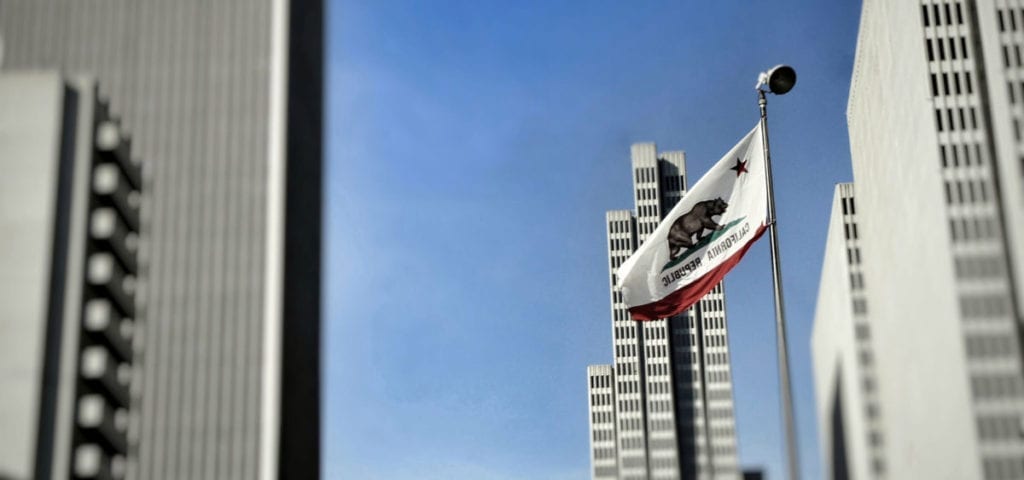California officials are scaling back the state’s estimated cannabis tax revenues by $223 million through June 2020 amid slower-than-expected sales, the Long Beach Post reports. The state taxes both medical and recreational cannabis products at 15 percent but total taxes can be as high as 50 percent in some communities.
In Long Beach, city leaders cited slow cannabis sales as the reason for a projected $9 million budget gap. In the city, the overall tax on cannabis products is 33.25 percent, which includes the 15 percent state tax, an 8 percent city excise tax, and a 10.25 percent sales tax. Long Beach officials have discussed giving medical cannabis businesses a tax break and provide incentives for other businesses to reduce prices and bring in more operators.
In 2018, California raised just $345.2 million in cannabis tax revenues, which represented about half of what lawmakers originally expected. The lower-than-expected revenues are likely the result of the high taxes and the persistence of the illicit market.
California lawmakers are considering a measure that would reduce the cannabis tax rate from 15 percent to 11 percent – that bill was referred to the Appropriations Committee on May 1. A previous version of the bill passed that committee 16-1 on Aprrl 24.
In their report on the legislation, the committee said state taxes are not the only reason why legal cannabis businesses are at a disadvantage, citing local tax policies, licensing requirements, banking restrictions, and laboratory requirements.
“Absent cannabis taxes, legal businesses still would be at a significant disadvantage relative to illicit market operators,” the report says.
The committee also noted that if the tax-reduction law passes it would likely face a court challenge because, since it was a voter-approved initiative, it’s unclear whether the legislature can amend the law’s tax structure.
Get daily cannabis business news updates. Subscribe
End
